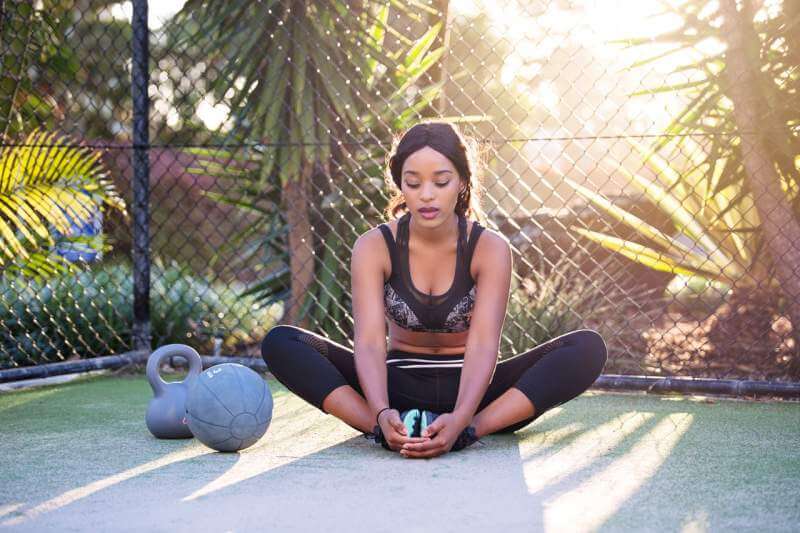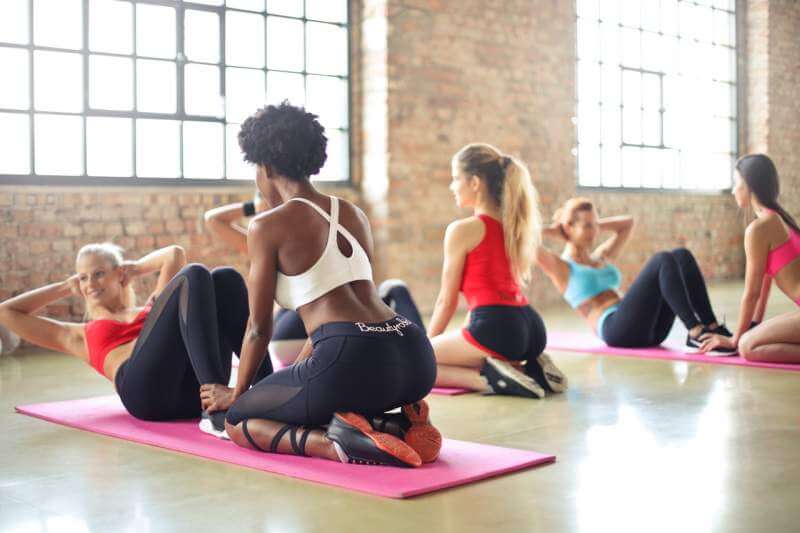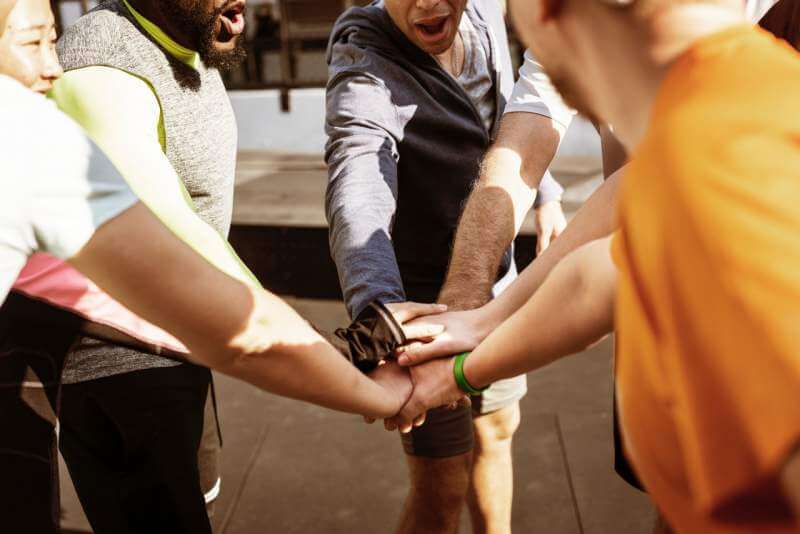We all undoubtedly heard that sports help to avoid depression, memory loss, Alzheimer’s disease, Parkinson’s disease, and many other problems. Sports will not only improve your physical form, but also strengthen your mental health, and thus increase your level of pleasure from life. But what exactly are the reasons for such a positive influence from sports?
What Happens in Our Brain When We Exercise?
 It is clear what happens to the body if we exercise regularly. There will be more muscles, we will be stronger. It will be easier to perform some everyday tasks, such as climbing stairs. But when it comes to the brain and mood, the connection with exercises becomes not so obvious. The phrase “sports contribute to the production of endorphins” – these are such beautiful words, only a few people will be able to explain exactly what processes are hidden behind them.
It is clear what happens to the body if we exercise regularly. There will be more muscles, we will be stronger. It will be easier to perform some everyday tasks, such as climbing stairs. But when it comes to the brain and mood, the connection with exercises becomes not so obvious. The phrase “sports contribute to the production of endorphins” – these are such beautiful words, only a few people will be able to explain exactly what processes are hidden behind them.
When you start exercising, the brain perceives it as stress. As pressure increases, the brain thinks that you are fighting or hiding from the enemy. To protect itself and the brain from stress, the body begins to produce BDNF protein (brain neurotrophic factor). This protein has a protective effect and stimulates the development of neurons and acts as a reset button. That is why after training we usually feel lightness, clarity of thought, and happiness.
At the same time, endorphins are also involved in the fight against stress. Their main task is to minimize the discomfort from exercise, block the feeling of pain and even arouse a feeling of euphoria. In general, a lot of chemical processes take place in the brain after doing the exercises, much more than if you just sit.
BDNF protein and endorphins are the cause of our well-being after sports. A little scary is that their action is very similar to how morphine, heroin or nicotine acts on the body. What is the difference? Exercise brings great benefits.
The Secret to Getting the Most Pleasure from Exercise: Do Not Do Much, Do It in Time!
 This is where the fun begins. We understood the basics of the chemical processes that occur in the brain during exercise. Now the question is, what should be the training regime so that your mood will be always on top? A recent study by the University of Pennsylvania shed light on this issue. The results were surprising.
This is where the fun begins. We understood the basics of the chemical processes that occur in the brain during exercise. Now the question is, what should be the training regime so that your mood will be always on top? A recent study by the University of Pennsylvania shed light on this issue. The results were surprising.
How productive and happy you feel on this particular day is not how regularly you practice, but whether you did it on that particular day. Those who played sports throughout the previous month, but did not exercise on the day of the study, showed better results in memory tests than those who lead an unsportsmanlike lifestyle. But the best results were for a group of people who did the exercises on the morning of the test.
To significantly improve your health and the moral condition does not mean you need to become a professional athlete. On the contrary, it takes quite a bit of time to reach the peak of happiness and productivity. The first 20 minutes of active movement provide the greatest health benefits, if before you were sedentary. You prolong your life and reduce the risk of various diseases, and all this in 20 minutes of exercise.
5 Benefits of Sport Training

- Exercise causes a surge of hormones of happiness
People are rather contradictory creatures. To feel good, we first need a dose of stress. When you start training, your body, under stress from stress, releases a protein called the neurotrophic factor of the brain. This causes the brain to release more endorphins (joy hormones) to compensate for the damage. - After physical training, you sleep better
Lack of sleep increases the risk of many diseases – both physical and mental. To improve the quality of sleep, during the daytime you need to make time for training exercises. An afternoon workout raises the body temperature, which again drops back to about the time when you should go to sleep, giving an additional signal to the brain that it’s bedtime. - Physical culture energizes
The more energy you spend, the more you get it. Exercise enriches the tissues of your body with oxygen and nutrients, which increases your energy level. Another way to look at it is when you exercise, you charge your internal batteries. - Gym visits reinforce self-esteem
Are you dissatisfied with your body form and want to lose weight? In the gym, a miraculous transformation will happen to you – both in the physiological and in the psychological sense. The release of endorphins, accompanying physical exercises, transforms the course of your thoughts: even if you do not become an athlete, your attitude to your own body will change for the better. - Sports increase work productivity
Do not get out of the office? Sports will help with this. Those workers who spend more time in the gym increase their creativity and productivity. Training allows you to lay more achievements per day. In addition, as scientists from the University of St. Leo discovered, people which are involved in sports manage their time more efficiently, they become more productive and creative in the office and, most importantly, happier in life. - Sports strengthen the immune system
Moderate physical activity boosts the immune system and has a positive effect on the respiratory system, peripheral circulation, and mucous membranes of the upper respiratory tract.
Physical activity also has a positive effect on the local immunity of the mucous epithelium of the respiratory tract. Any physical exercises or sports increase blood circulation and heart pulse which activates NK cells. This increases the number of macrophages responsible for non-specific immunity. Therefore, the likelihood of contracting a respiratory infection is reduced with regular moderate exercise.
Exercise and sports may improve both local cellular and humoral immunity in people of all ages, even those with chronic lung diseases such as chronic bronchitis or bronchial asthma. With regular exercises, the body increases the speed of blood flow and lymphatic drainage which accelerates how quickly our immune system is able to react.
Share this post if you like it!
